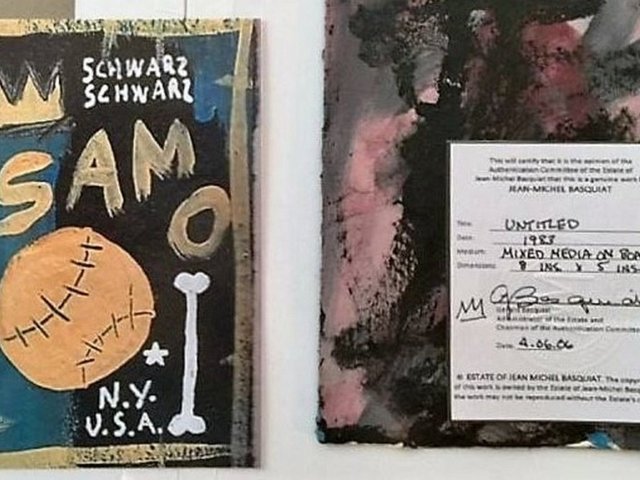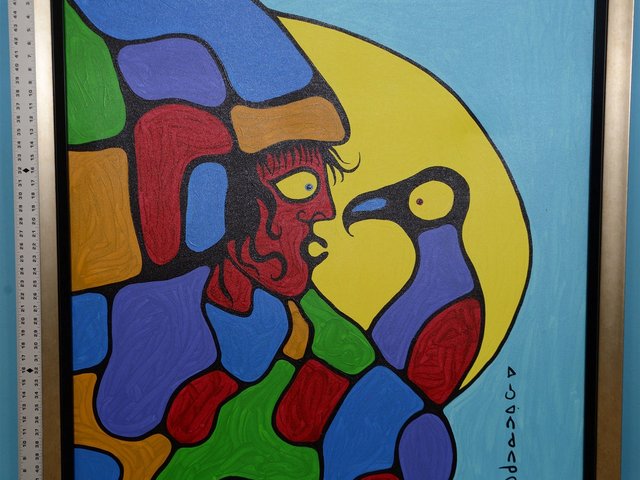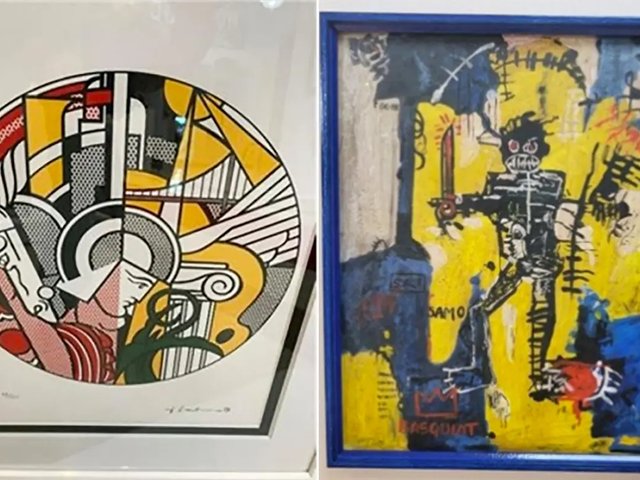A man in Pennsylvania has been sentenced to 60 days in prison for selling forged works that he falsely claimed were by Francis Bacon, Jean-Michel Basquiat, Pablo Picasso, Andy Warhol and other blue-chip artists.
Carter Reese pleaded guilty in May to one count of wire fraud and one count of mail fraud, admitting that between February 2019 and March 2021, he knowingly sold and attempted to sell counterfeit works. In addition to the prison term, Reese must serve two years of supervised release, including four months on home detention. He was also fined $50,000 and ordered to pay $186,125 in restitution to his victims, according to the US Attorney's Office for the Eastern District of Pennsylvania.
Prosecutors said he misrepresented the pieces as genuine works by Bacon, Basquiat, Jean Cocteau, Keith Haring, Fernand Léger, Roy Lichtenstein, Joan Miró, Picasso and Warhol. He would tell prospective buyers that he had acquired the works from other collectors or from someone named “Ken James”, an alias for his Chicago-based supplier—a man who had been convicted of selling more than $1m of counterfeit art. (The supplier died in late 2021.) The scheme was investigated by the FBI's Art Crime Team, with agents from its Philadelphia and Miami field offices.
Reese, who lives in Reading, Pennsylvania, is a former teacher and admissions director at the Hill School in Pottstown. He and his wife later co-founded an international educational consultancy that advised families on entry to elite schools and colleges. He formerly lived next-door to Taylor Swift's childhood home, a detail that drew media attention when his guilty plea was first reported.
Reese was also an avid collector of antiques. According to The Philadelphia Inquirer, he valued his collection of furniture, rugs, toys and model trains at $6m. In 2019, he declared bankruptcy, claiming he had himself been the victim of fraud when an auction house allegedly mishandled his antiques and highlighted a counterfeit toy he had bought for $20,000.
Prosecutors had initially sought a sentence of up to 40 years for Reese, arguing that a longer sentence was warranted given the deliberate nature of the fraud and the corrosive effect of such schemes on confidence in the art market. The judge in the case, however, opted to impose a lighter sentence, citing Reese’s guilty plea and agreement to restitution.






